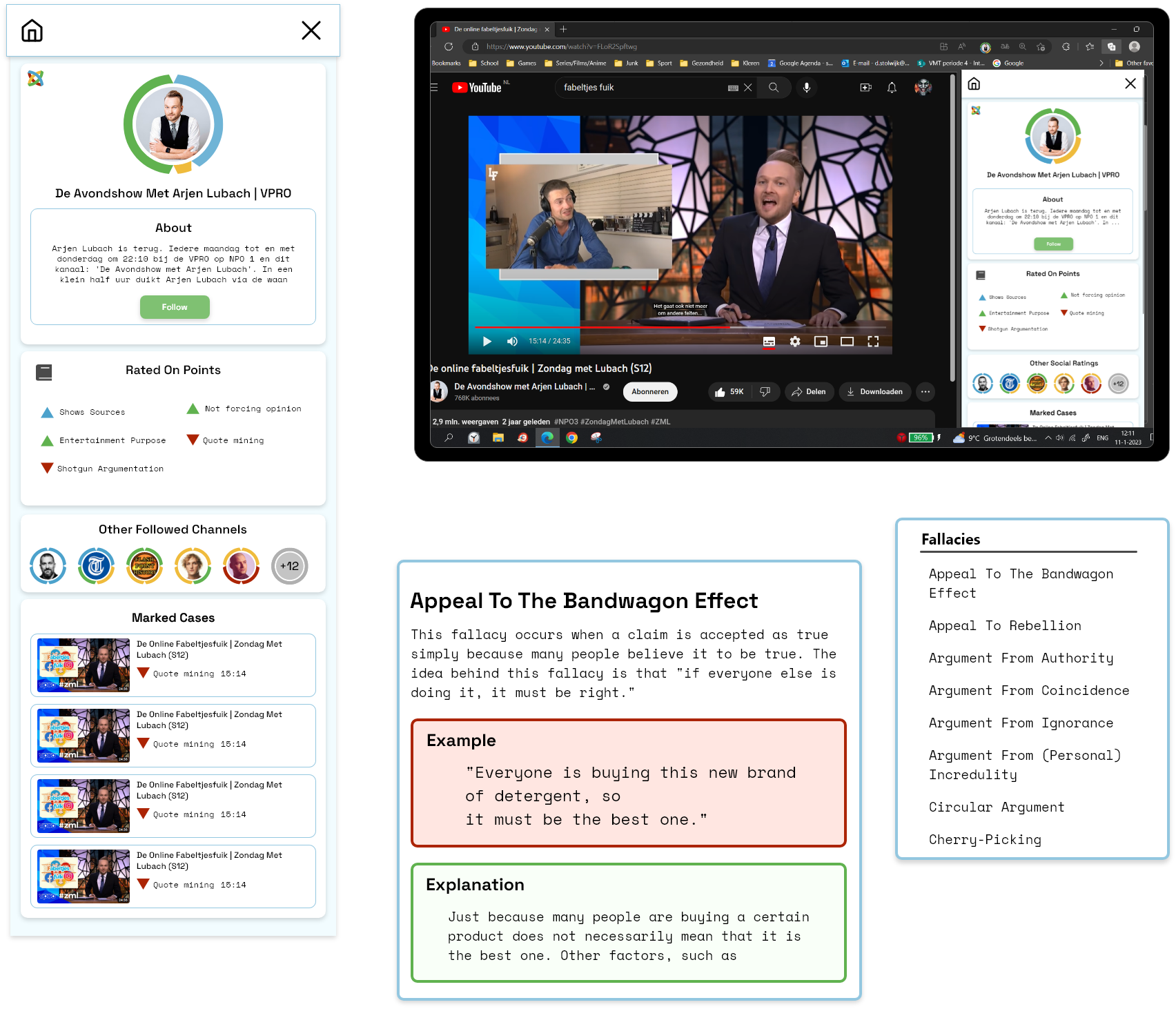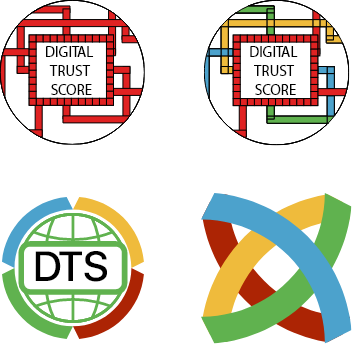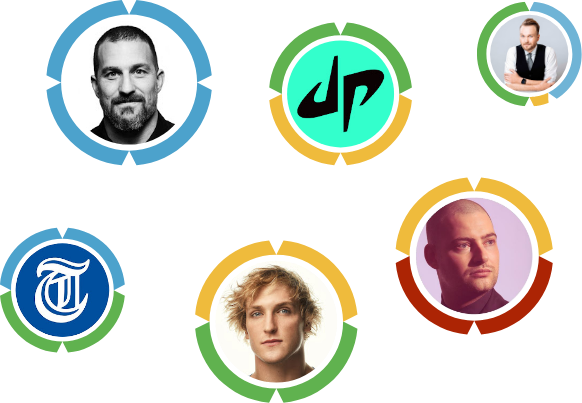
The problem
In today’s digital age, it can be difficult to know what information to trust on the internet. With so much misinformation out there, it’s easy to get caught up in a spiral of rabbit holes that confirm your existing beliefs. Even reputable sources can be misleading or biased. This is a problem that affects everyone, and it’s one that has been highlighted by influential figures such as Zondag met Lubach. That’s why I wanted to create a solution that would help people navigate the complex landscape of online information.
Research
As part of my efforts to combat online misinformation, I conducted extensive research on the subject. I read books on critical thinking, debate tactics, and logical fallacies to gain a deeper understanding of how misinformation spreads and how to effectively counter it. One key insight I gained from my research was that simply telling people that something is “bad information” is often ineffective at changing their minds. In fact, it can often backfire, causing people to double down on their beliefs. Instead, I focused on educating people about the techniques used to spread misinformation, such as logical fallacies
Digital Trust Score



The Concept
For exams I designed the solution, the digital trust score web extension. It’s score that people organizations influencers get for the way the present information. By looking at the amount of illogical fallacies that have been used. The more fallacies the more the grading goes down. The gradings are ordered from factually correct , neutral , unreliable , misleading.
Reasoning
By focusing on teaching instead of convincing, we aim to prevent people from spiraling further into the rabbit hole. We educate users on techniques for identifying illogical fallacies in the content they consume, empowering them to make informed decisions.
Logo Design
During the process of creating a logo for the digital trust score. I wanted to have a logo that would be similar to the abcde model of food in the EU. That it could be used as a logo ore would really similar. Because I was grading quality of information people spread online. And currently a big trend online is that profile pictures are round I wanted to make the grading system around aswell.
Future development
For future development, the grading system should be reviewed by a board of experts. If the workload becomes too heavy, it should be incorporated into an algorithm or AI that can detect fallacies in videos and texts. This extension should be made available across all social media platforms on computers.